Macau Casinos Are Forced To Shut Down, Due To Coronavirus Epidemic
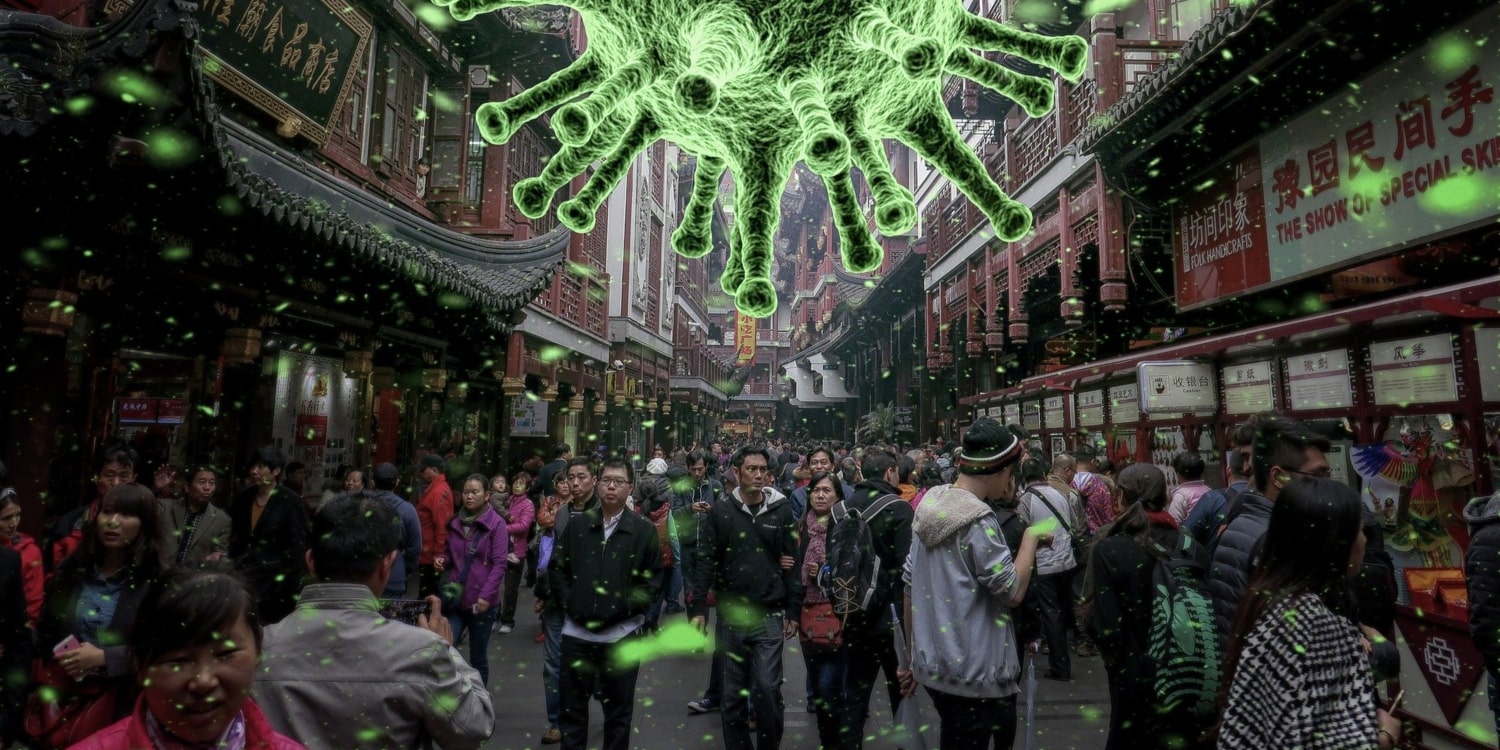
Macau is the center of the gambling industry. The city has a lot of casinos and the biggest variety of gambling venues. Macau is one of the most lucrative cities in the world, due to the annual gambling revenue. Though, the city faces a great challenge caused by the novel coronavirus and thus, might not take any more chances.
Citizens and visitors all across China are called to take the highest measures of safety. The government has encouraged people to wear medical masks in order to prevent further spread of the virus. Moreover, it is preferable for people to stay at home and to avoid public places and mass meetings. While entering different casinos in Macau, all of the visitors get thermal camera checkups.
The safety measures are taken in order to prevent the infection of many more people. The virus that was first discovered in Wuhan, China has already killed hundreds of people. Thousands of people have been infected and are under the control of doctors. The doctors and scientists are working on the vaccine, yet people keep getting infected.
The outbreak of the virus
“Of course this was a difficult decision, but we must do it, for the health of Macau’s residents—this is our only goal,” chief executive Ho Iat Seng said during a press conference on Tuesday morning.
The decision was confirmed during a second press conference held by Macau Finance Secretary Lei Wai Nong in the afternoon, who said the hotels, shops, and restaurants at the casino resorts would remain open because they had “sufficient risk control measures.”
Macau can not recall any similar incident to happen previously. The only time when the casinos were forced to shut down, was in 2018. The casinos were shut down for 33 hours, due to the typhoon struck on the island. The closure of six casino operators caused an approximate loss of 4184 million in revenue. The loss was bearable for the city.
Safety Measures
Certain safety measures were implemented already at the beginning of January. The police would go from hotel to hotel and check people with thermal cameras. At that moment all the visitors were given a choice of whether going home or going into quarantine for two weeks. The two week period is the incubation period for the virus.
Money Aside
“Chinese New Year is usually the biggest week in the whole year for casinos in terms of financial contribution to their bottom lines,” said Ben Lee, managing partner at Macau-based gaming consultancy IGamix. “The other golden week holidays—like National Day and Labor Day—are good too, but Chinese New Year is when people really throw caution to the wind and go out to test their luck.”
In 2019, Chinese New Year was in early February. Casino gaming revenue for that month hit $3.17 billion. This year, the holiday fell in January and gaming revenue for the month was $2.76 billion—11.3% down on the year before, with tours from mainland China during the actual four-day holiday falling 75.1%.
The Lunar New Year often provides a long tail of earnings too, Lee said, as junket operators host dinners and other festivities for high stakes rollers in the weeks following the official holiday. This year, however, that long tail was severed by the Macau government, which ordered cinemas and theaters to close in January and prohibited large gatherings, such as banquets, to contain the spread of the flu. Yet the casinos, Macau’s undisputed economic engine, remained open.
“We’re not going to see the revenue from junket dinners, where up to 8,000 VIPs would come to Macau for three to four days and gamble,” Lee said, adding that the ban on gatherings has forced iGamix to downgrade its projection for casino earnings in the month ahead. Already the consultancy was anticipating a revenue decline over the year before 35% due to the viral outbreak. That contraction could now expand to over 60%, owing to the government response.
Safe bet
The coffers of the Macau government, which implements a 40% tax on casino revenues, will no doubt take a hit during the next two weeks. However, since the government typically runs a massive surplus—roughly 50% of earnings, Lee said—the impact of the short closure won’t be so pronounced and the move will likely earn Ho’s administration additional kudos from the public.
“Shutting the casinos is a great idea,” said a sales agent at a shop in the Venetian Macau resort, owned by Las Vegas Sands. She asked to be identified only by her last name of Vong. She and her colleagues had crowded around an iPad to live stream the chief executive’s press conference on Tuesday. “It’s a little bit dangerous being outside, and there was already one case discovered inside a casino,” she said.
Rumors that several of Macau’s coronavirus patients had stayed at casino resorts in the city began late last month and, speaking during Tuesday’s press conference, chief executive Ho confirmed at least one case of coronavirus that had been contracted by staff at the Galaxy Macau resort—possibly the city’s first example of human-to-human transmission.
Aside from keeping the casinos open, the Macanese government has acted swiftly to restrict contagion since the city’s first case of coronavirus was confirmed on January 22. The authorities procured 20 million surgical masks and fixed a quota and a price for their sale. Bus drivers on the island are now entitled to deny service to passengers not wearing masks.
The staff at the Venetian—like everyone else in Macau—have their faces swaddled in surgical masks. Guests are required to follow suit in order to access the casino at the heart of the integrated resort, where access is restricted to those who pass a series of temperature checks: one at the entrance to the hotel and a secondary screening on the outskirts of the cavernous casino hall.
A sign at the gateway warns gamblers that failing to disclose any recent visits to China’s Hubei province—which is ground zero for the current epidemic—could result in a two-year prison sentence, as decreed by the government. Said Vong: “I think if we compare the government of Hong Kong to the government of Macau, ours is handling this better.”





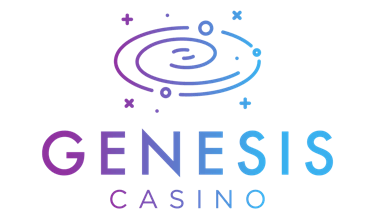


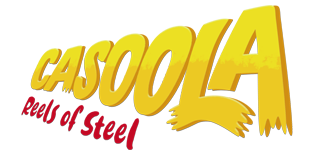

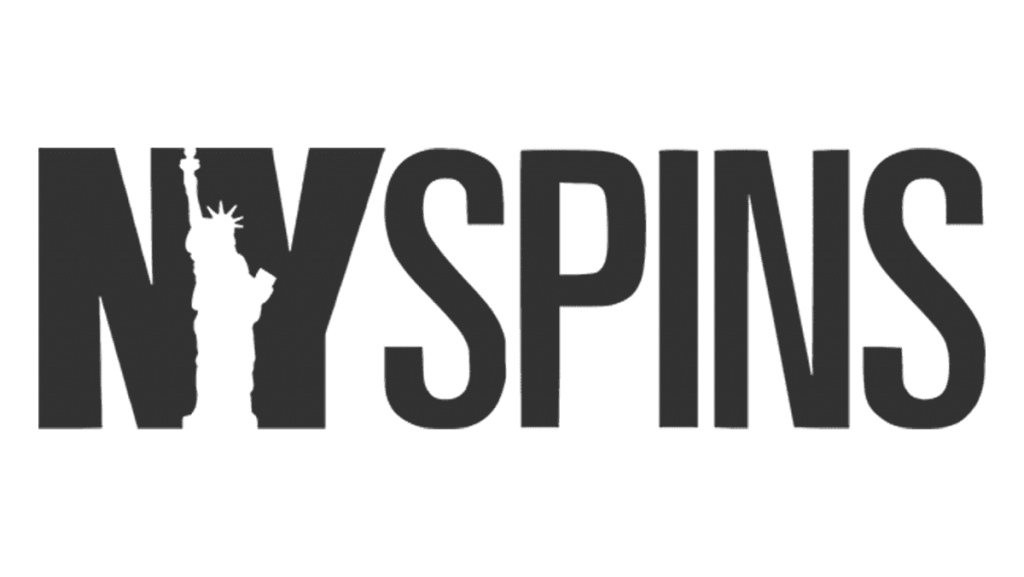

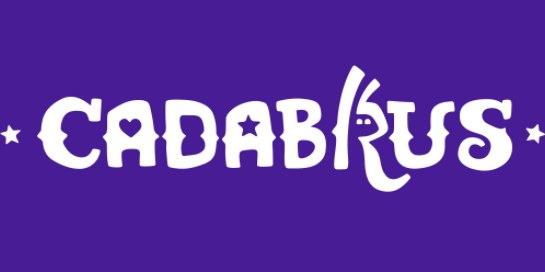
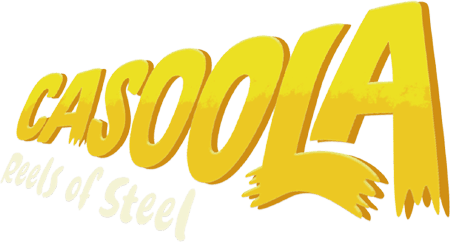

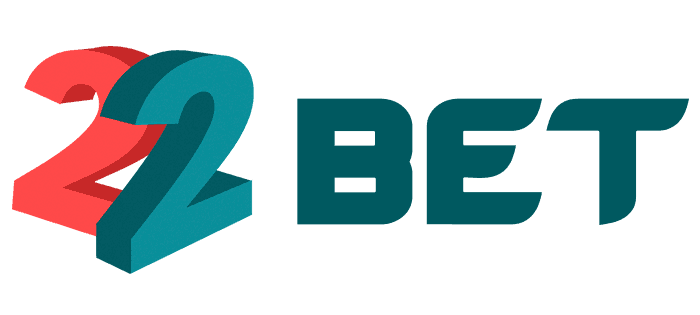
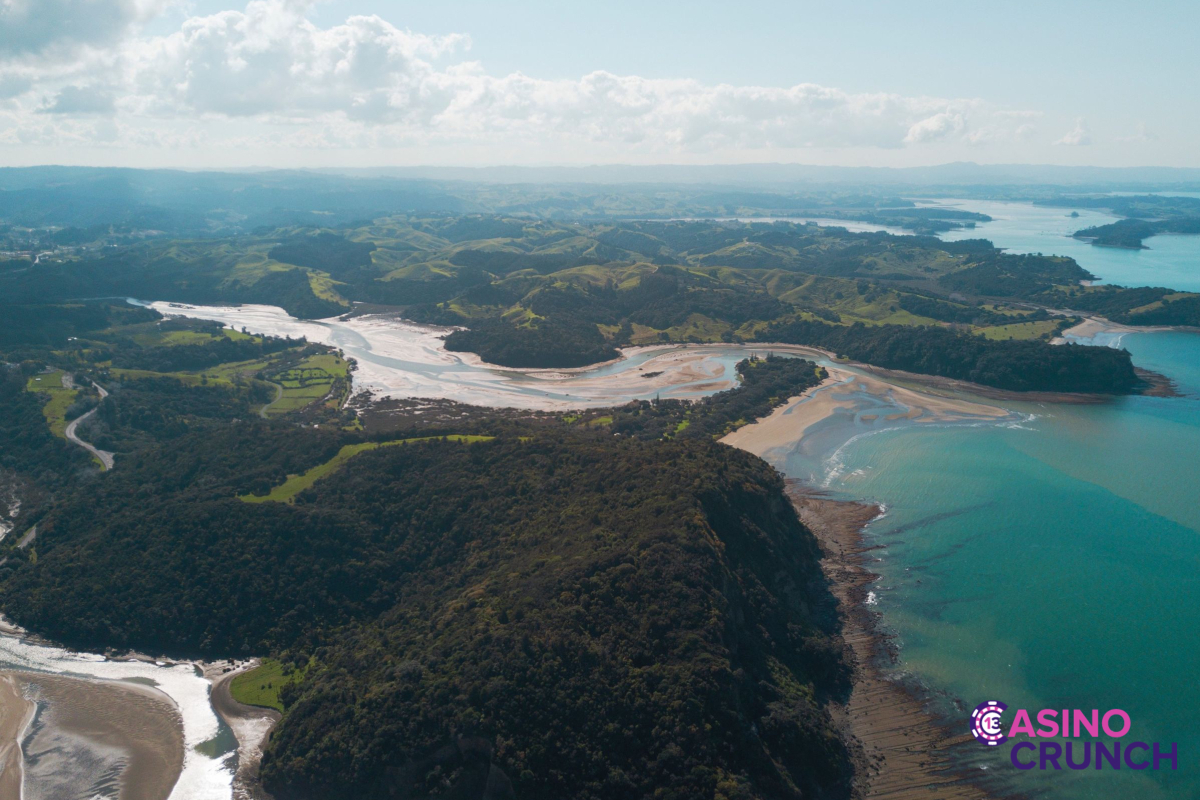
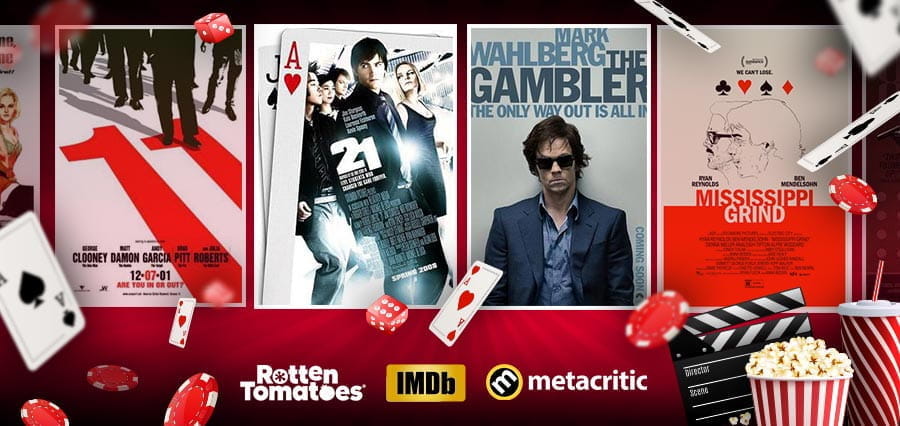
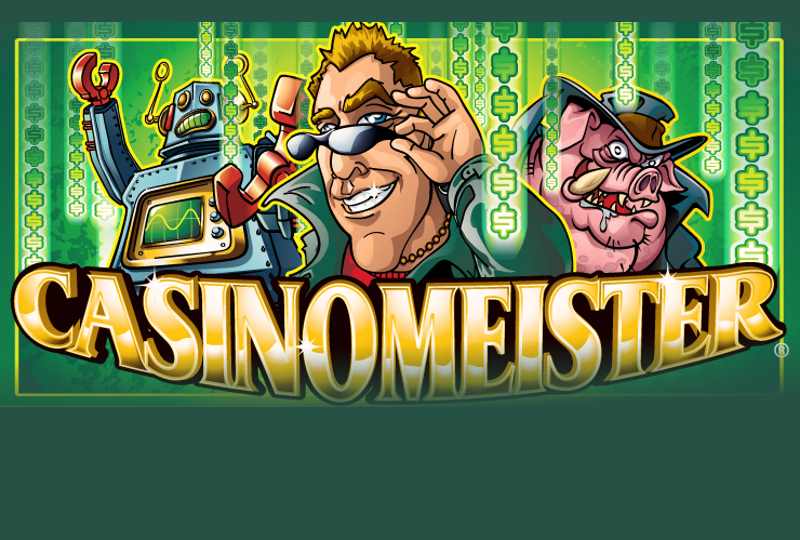
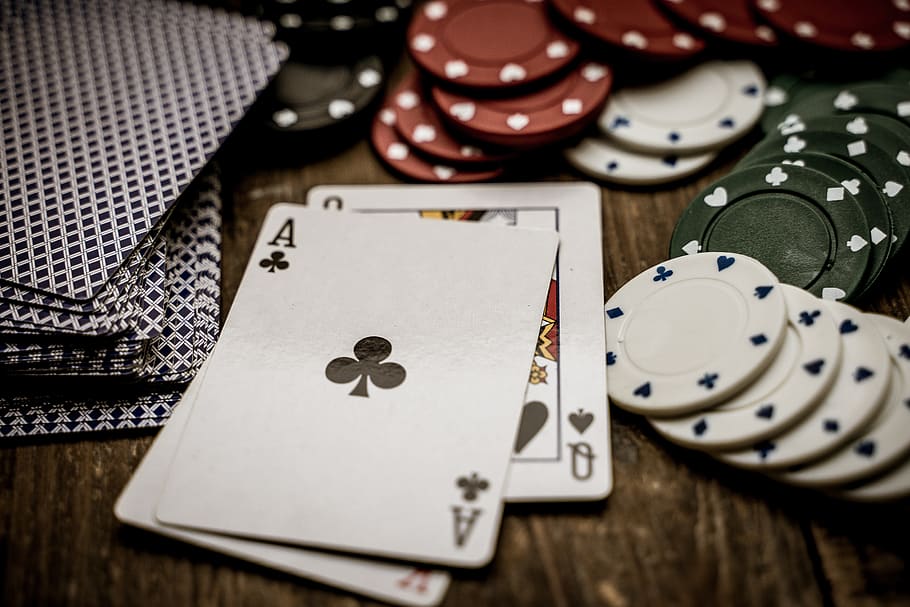
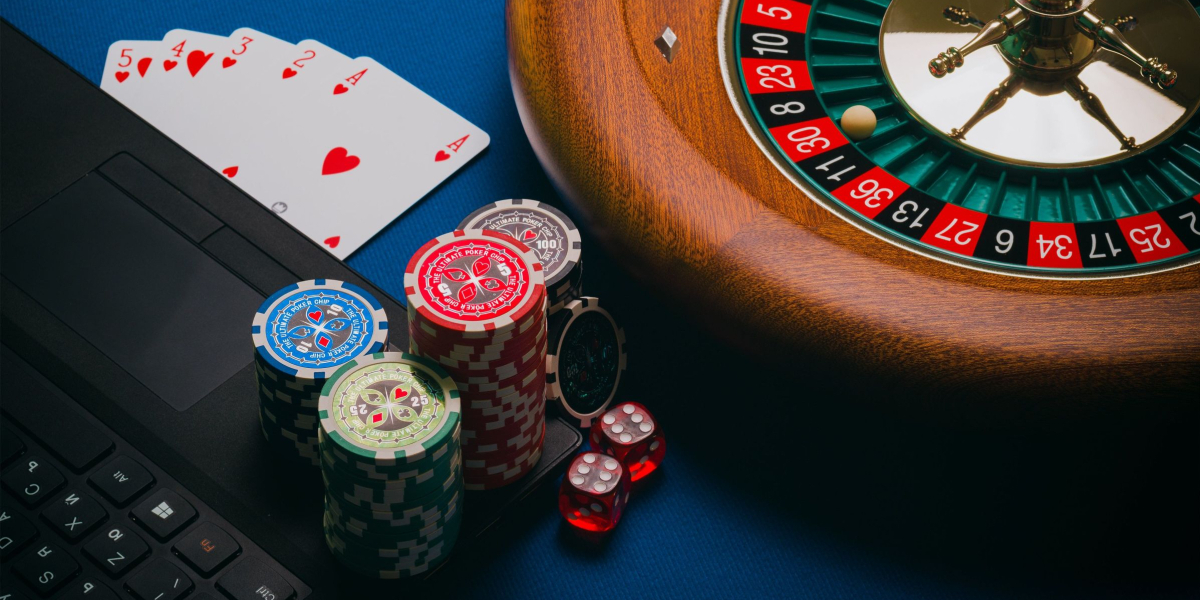

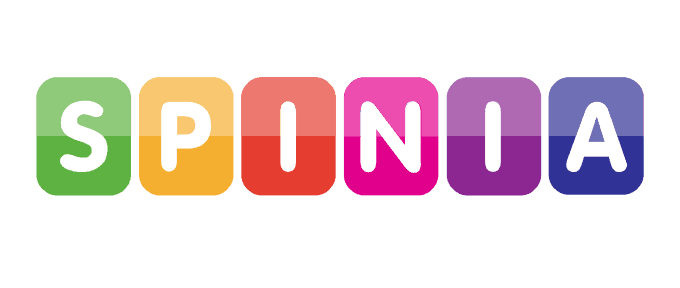


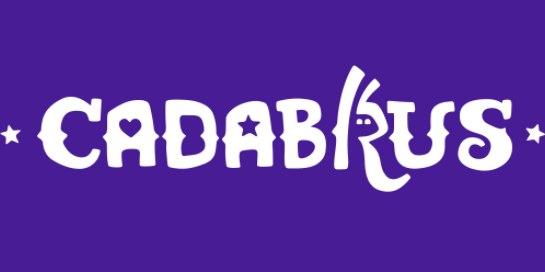
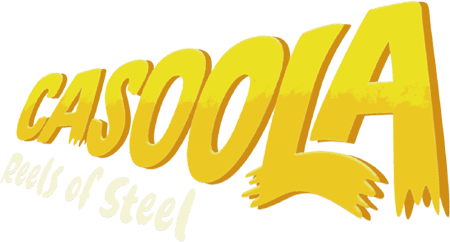
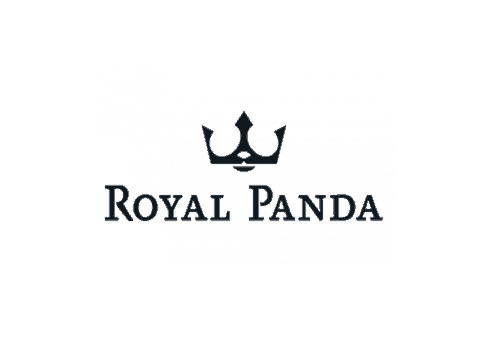



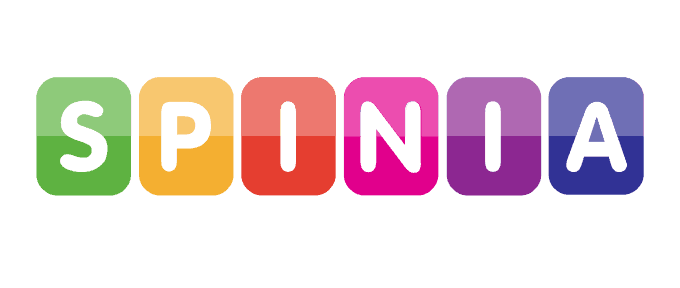
Comments (0 comment(s))